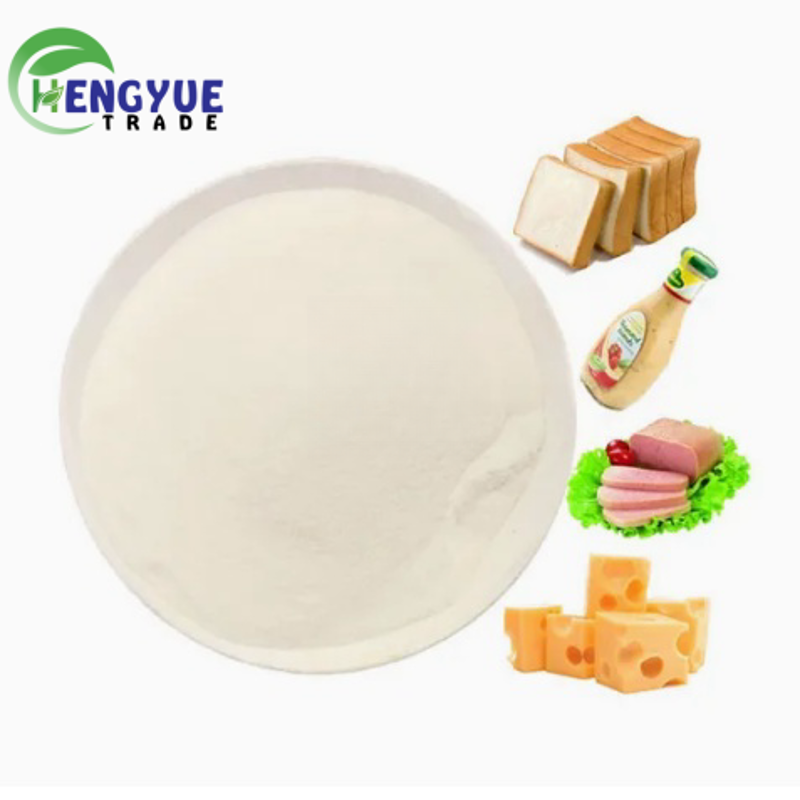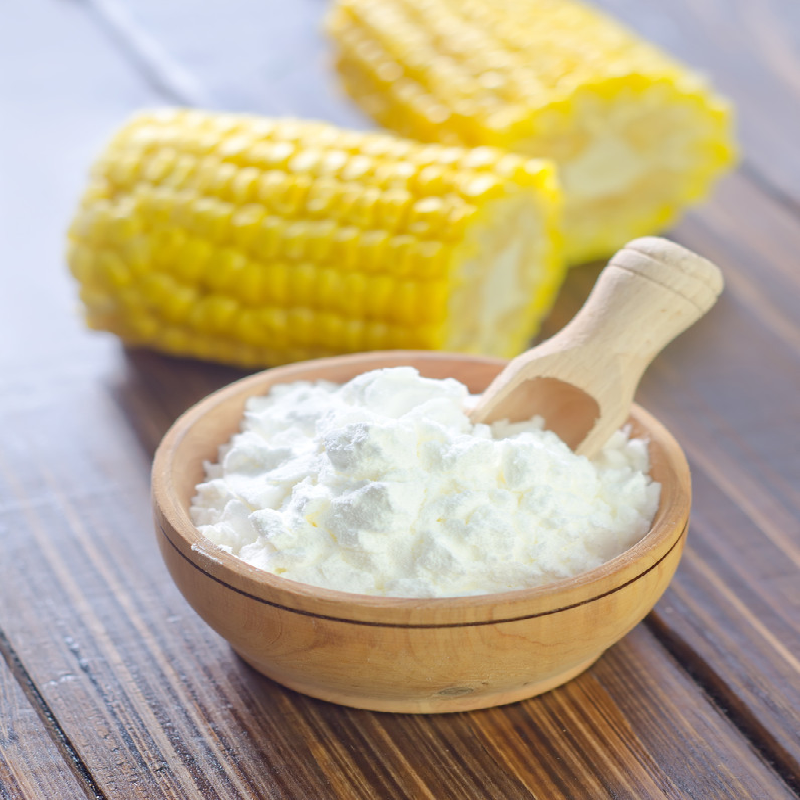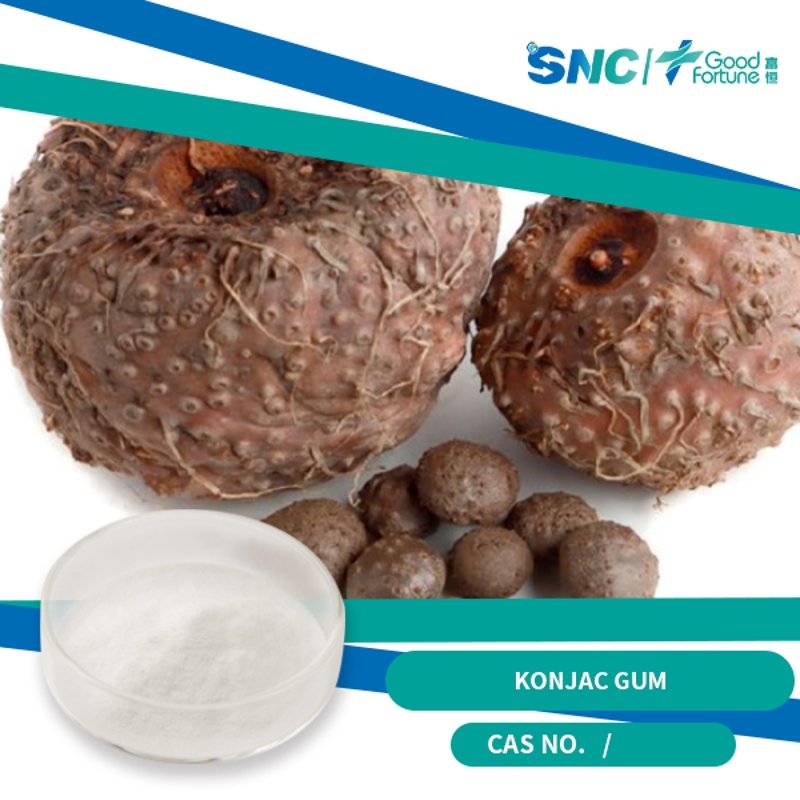Types of food thickeners
-
Last Update: 2017-11-23
-
Source: Internet
-
Author: User
Search more information of high quality chemicals, good prices and reliable suppliers, visit
www.echemi.com
Introduction: there are all kinds of food additives sold in our market Thickener is also a kind of food additive So, what kind of food thickener are there? Is it safe to add thickener to food? Next, we will learn about it together with the small edition of Baibai safety net Food thickener, usually refers to the macromolecular substance that can dissolve in water and fully hydrate under certain conditions to form a viscous and greasy solution, also known as food glue It is a kind of important food additive which is widely used in food industry and is used as gelling agent It is a kind of food additive that can improve the physical properties or tissue state of food and make food stick and smooth and palatable Thickener can also play the role of emulsification and stability What are the types of food thickeners? Some of the thickeners commonly used now are natural thickeners, and some are synthetic thickeners Most of the natural thickeners come from plants, and some come from animals and microorganisms So far, food thickeners used in food industry in the world can be divided into five categories according to their sources (1) The thickener seaweed glue made from seaweed is a kind of food glue extracted from seaweed The variation of water temperature and salt content in different sea areas of the earth are different There are more than 15000 species of marine algae, which are divided into four categories: red algae, brown algae, blue algae and green algae The important commercial seaweed glue mainly comes from brown algae The structure, composition, function, property and use of the hydrocolloids in different species of seaweed are different (2) Thickener made from plant seeds and plant extracts thickener made from plants and their seeds, in many cases, the water-soluble polysaccharide is similar to the exudate after plants are stimulated They are made with sophisticated expertise, including selection, planting and layout Seed collection and treatment have a set of scientific methods As with animal and plant exudates, this thickener is a salt of polysaccharide acid Its molecular structure is complex, and the commonly used thickeners are guar gum, carrageenan, seaweed gum, etc (3) Another kind of widely used food thickener, such as xanthan gum, is produced by the interaction of the thickener fungi or bacteria generated by the metabolism of microorganisms and starch substances It is the decomposition of starch into monosaccharides, followed by the condensation reaction of these monosaccharides and then the condensation reaction to synthesize new molecules Arabic gum and tragacanth gum belong to this kind of thickener (4) Thickeners made from animal raw materials are extracted from skin, bone, muscle, milk, etc Its main component is protein The varieties are gelatin, casein, etc (5) According to the processing technology, the thickeners can be divided into two categories: with cellulose, starch and other raw materials as raw materials, under the action of acid, alkali, salt and other chemical raw materials, they are prepared by hydrolysis, condensation, chemical modification and other processes Its representative varieties are carboxymethylcellulose sodium, modified starch, alginate, etc Is it safe to add thickeners to food? In fact, the use of food thickeners is often complex For example, some thickeners are dextrin produced by starch hydrolysis, modified starch, etc they are non-toxic and harmless, but they are easy to raise blood sugar Adding too much may lead to severe blood sugar reaction, which may bring health risks For example, many small workshops use pigment, bulking agent, emulsifier and thickener completely by feeling and do not follow the standard The food not only affects the normal nutrition absorption, but also brings harm to health Therefore, it is recommended that you buy thickeners from regular manufacturers Through the introduction of the types of food thickeners, you can learn how to extract various food thickeners If you are interested, you can go to Baibai safety net to learn about food safety, master more food information, and test food safety through the food safety detector Editor in charge: he xianrob
This article is an English version of an article which is originally in the Chinese language on echemi.com and is provided for information purposes only.
This website makes no representation or warranty of any kind, either expressed or implied, as to the accuracy, completeness ownership or reliability of
the article or any translations thereof. If you have any concerns or complaints relating to the article, please send an email, providing a detailed
description of the concern or complaint, to
service@echemi.com. A staff member will contact you within 5 working days. Once verified, infringing content
will be removed immediately.







